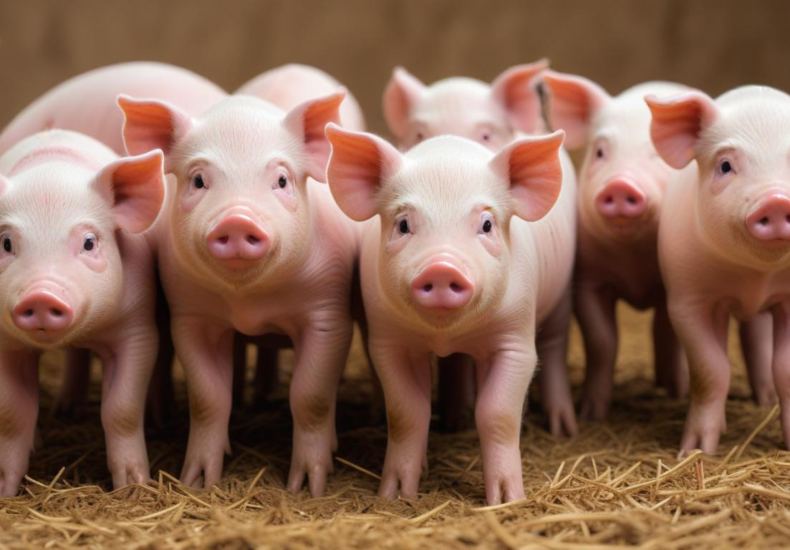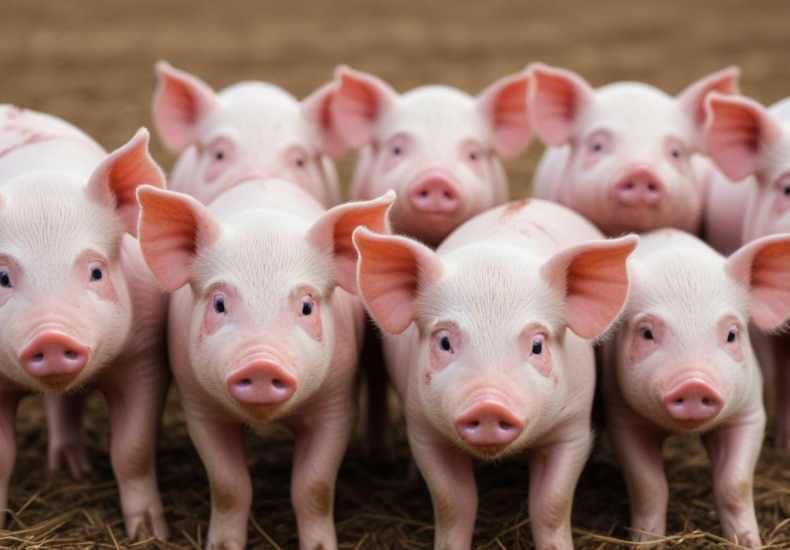Day: May 1, 2025

why genetic diversity matters in pig breeding
Genetic diversity is essential for the health and viability of livestock, particularly in pig breeding. It enhances adaptability to environmental changes and improves resistance to diseases, fostering stronger and more resilient populations. However, challenges such as inbreeding, selective breeding practices, and shifting market demands threaten this diversity. Understanding the factors influencing genetic variability, including population size and breeding strategies, is crucial for developing effective solutions. By embracing proactive measures and collaborative efforts, the future of pig breeding can become more sustainable and adaptable. Discover how breed diversity can transform agricultural practices and livestock health.

genetic resistance to diseases in pigs
Genetic resistance in pigs is crucial for enhancing livestock health and productivity. Research reveals the role of specific genes, particularly within the Major Histocompatibility Complex, and their interactions with environmental factors in bolstering disease resistance. Advances in genomic technologies and breeding strategies are reshaping our understanding, promising to identify genetic variants that improve immunity and overall health. This multifaceted approach highlights the intricate relationship between genetics, immune function, and disease resilience in swine populations, paving the way for optimized breeding programs. Discover how these insights could transform pig farming practices.